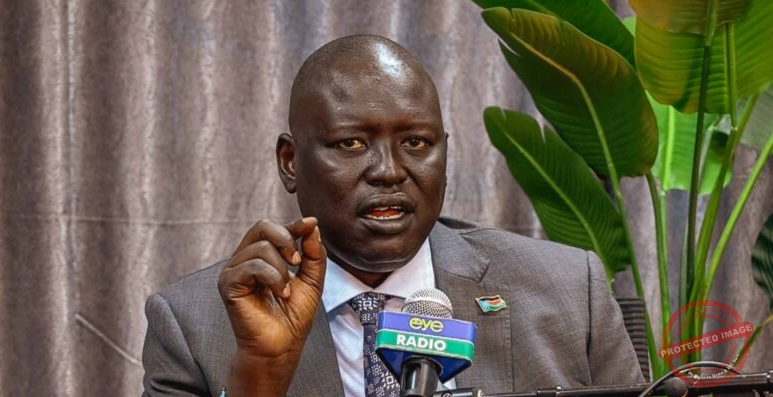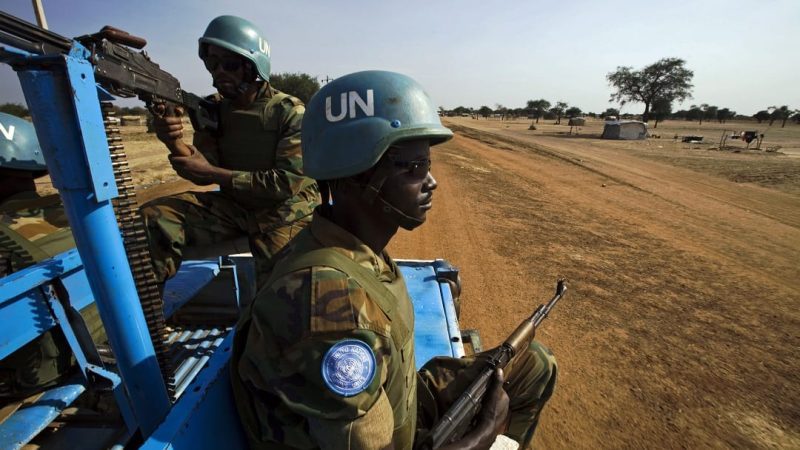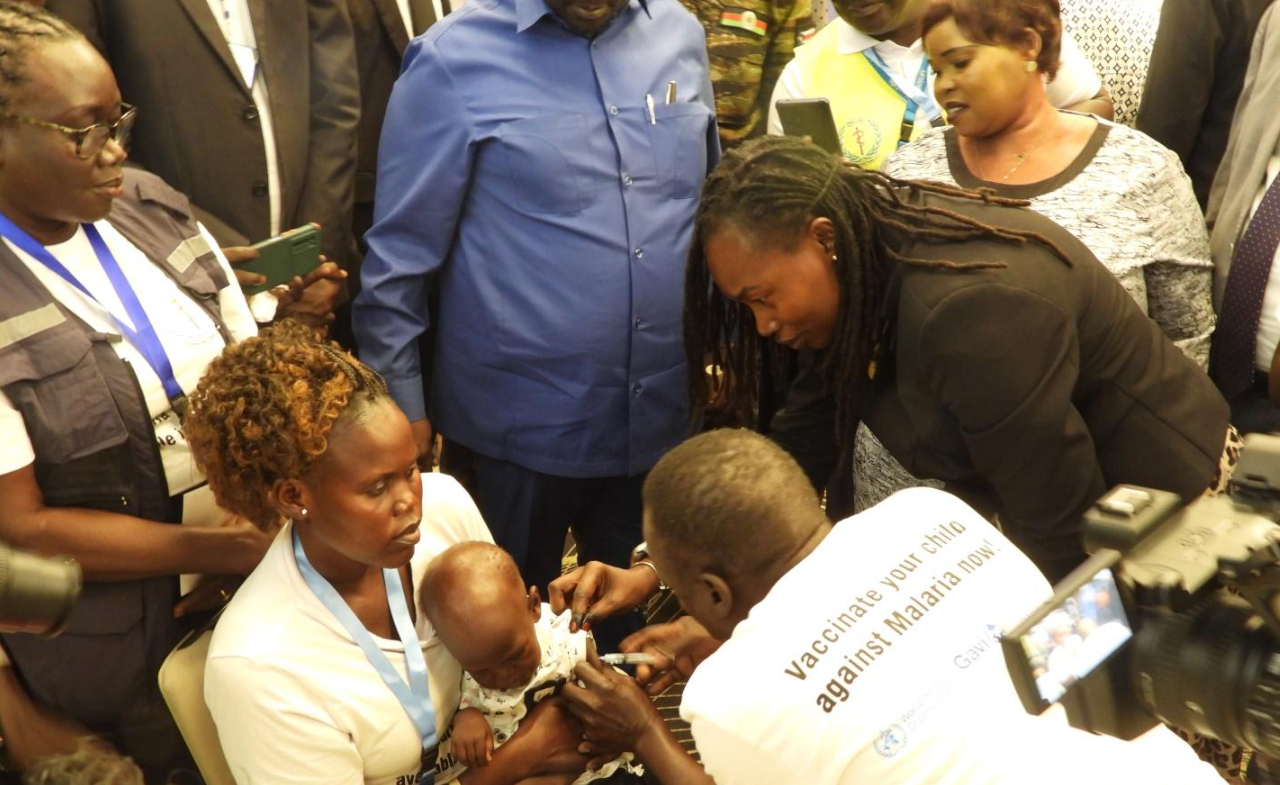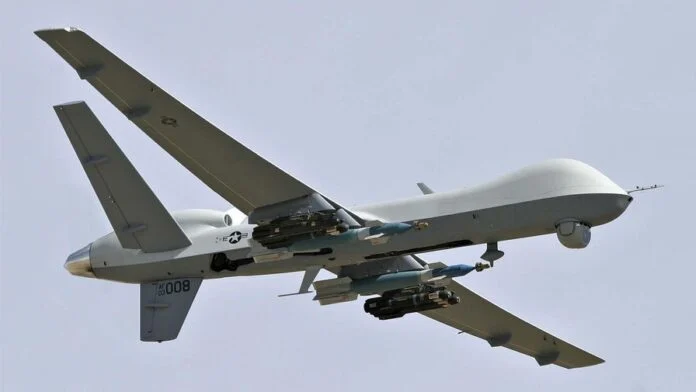Yolanda Awel Deng Juach (2nd R) assists a health worker to vaccinate a child during the launch of the vaccination campaign for the newly introduced R21 malaria vaccine in Juba, the capital of South Sudan on Tuesday July 16,2024.
The South Sudan government on Tuesday launched the start of the malaria vaccination campaign across 28 counties in six States.
This came after the youngest nation received 645,000 doses of the R21 malaria vaccine on May 31 from Gavi, the Vaccine Alliance.
Yolanda Awel Deng Juach, the minister of health said the malaria vaccine will target children from 18 months to five years of age in 28 counties in Northern Bahr el Ghazal, Western Bahr el Ghazal, Warrap, and Central Equatoria, Bor County in Jonglei State and Eastern Equatoria State.
“Today we are launching the malaria vaccine, a very important element in our efforts to eliminate the burden of this disease, despite our ongoing efforts, malaria continues to pose a severe threat to our nation, each year we face 2.8 million cases and 6680 deaths translating to 7630 cases and 18 deaths daily,” Deng said during the launching ceremony in Juba, the capital of South Sudan.
She noted that malaria continues to burden communities’ particularly pregnant women and children under- five years.
Deng noted that the targeted States were selected due to the high malaria prevalence, adding that the ministry of health aims to vaccinate approximately 265,897 children in the first round of immunization.
Hamida Lasseko, representative of the United Nations Children’s Fund (UNICEF) in South Sudan, said the launch of the malaria vaccine into the routine immunization system in South Sudan places the country among the global pioneers in combating malaria following in the footsteps of Kenya and Malawi in the sub- region.
South Sudan is now among the 8 African countries on the continent to initiate the introduction of malaria vaccine into the routine immunization system.
“Malaria remains a devastating disease particularly for young children in Sub-Saharan Africa; we know that more than 260,000 African children under-the age of five die from malaria annually, and South Sudan bears a disproportionate burden with alarming high rates of infection and mortality,” Lasseko said.
Lasseko noted that the introduction of the malaria vaccine after nearly six decades of research marks a pivotal breakthrough in the global collective fight against the disease.
She noted that the malaria vaccine will be used in conjunction with other preventive measures such as Long-lasting insecticidal nets (LLINs).
Humphrey Karamagi, the World Health Organization (WHO) representative for South Sudan, said that South Sudan still holds one of the highest malaria incidence rates in the whole region and in the whole world.
“These numbers are more than just statistics, these are human beings, and these are people every day whose lives, hopes and futures are being extinguished because of this small vector,” Karamagi said.
He noted that the arrival of the first consignment of the R21 malaria vaccine has boosted intervention efforts in the fight against malaria in the country.
“This roll out is not just the step forward but a leap towards a malaria free future for South Sudan. As we administer the first dose of the vaccine to a child today, we are not just vaccinating against the disease but instilling hope, protection and a brighter future for all our children in the country,” Karamagi said.
The vaccine roll out is expected to significantly impact on the malaria burden and contribute in a big way towards the overall malaria control strategy, said Karamagi, adding that South Sudan will no longer rank among countries with the highest incidence of malaria within the next two years.
Hussein Abdelbagi Akol, vice president for service cluster called for strong supervision over the vaccination exercise, emphasizing that vaccine storage and administration are quite sensitive issues.
“Storing vaccines requires specialized facilities while administration must be handled by trained medical personnel, this is to ensure safety of the vaccines and availability of the vaccines,” Akol said.
He emphasized the need to carry out mass awareness about the new malaria vaccine to deter negative fears, stereotypes and stigma among the public.









